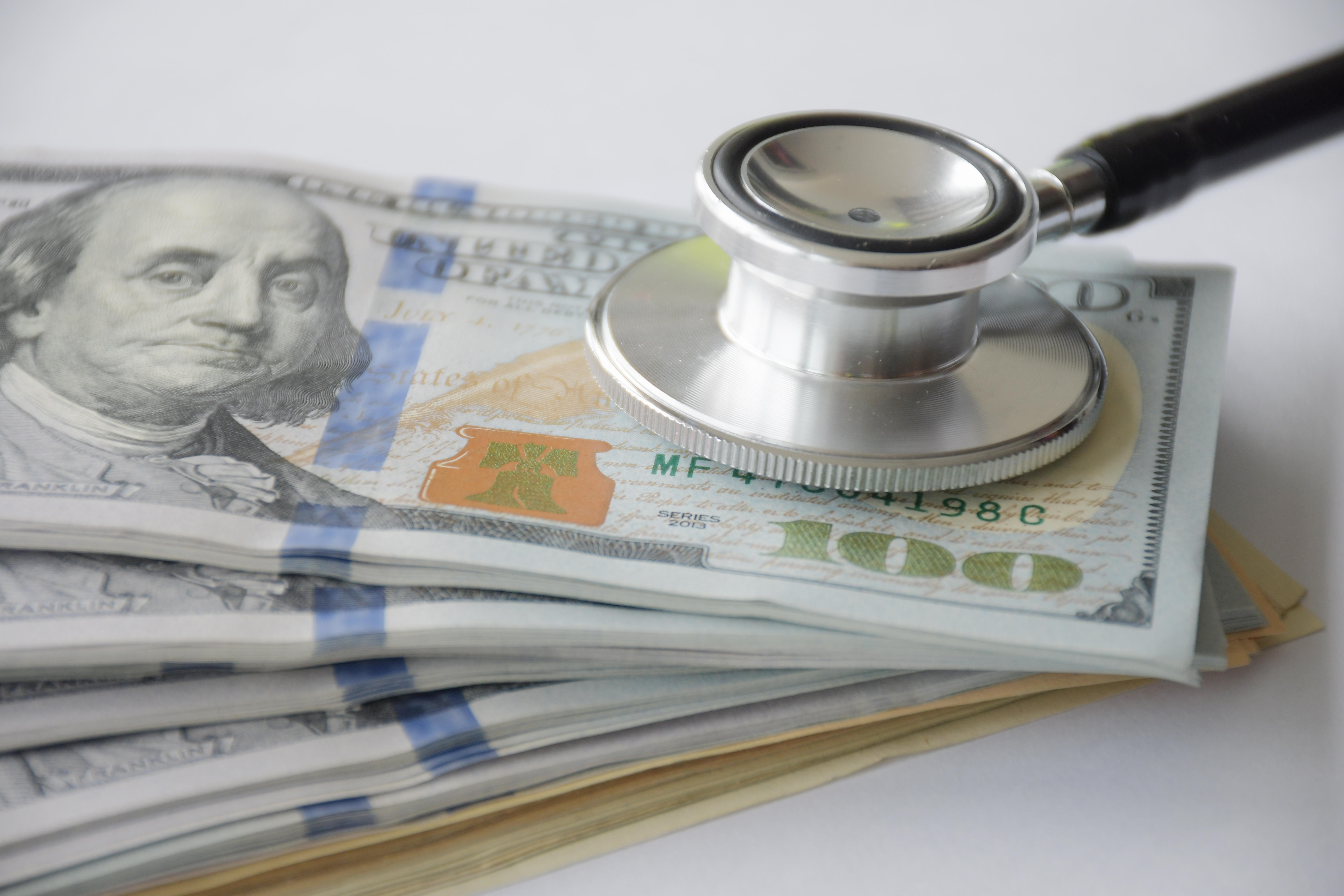Finally, The Elimination of State Lines
One of the major issues concerning physician licensure is that a physician’s right to practice ends at the state border, regardless of their ability or the needs of others. When we examine areas where there are physician shortages, we see significant differences by geographic location. This shortage might be drastically different if we considered the problem through the… Read More »









